Exact Answer: At least 2 to 3 days
Oral surgery is a broad term that is used to describe any surgical procedure that is done in or around the mouth and jaw regions. These surgical procedures are performed by dental specialists like periodontists, prosthodontists, and endodontists.
There are many types of oral surgeries out there, with the most common being wisdom teeth removal, jaw surgery, dental implants, gum graft, and root canal.
Usually, only when your tooth or jaw procedures go beyond the expertise of a general dentist, will an oral surgeon comes into the situation.
Recovery is incredibly important in avoiding unpleasant complications that can increase your healing time. Part of your recovery depends on what you eat and when you eat. Although eating nutritiously will move along the healing process, you have to make sure to not harm the site of surgery.
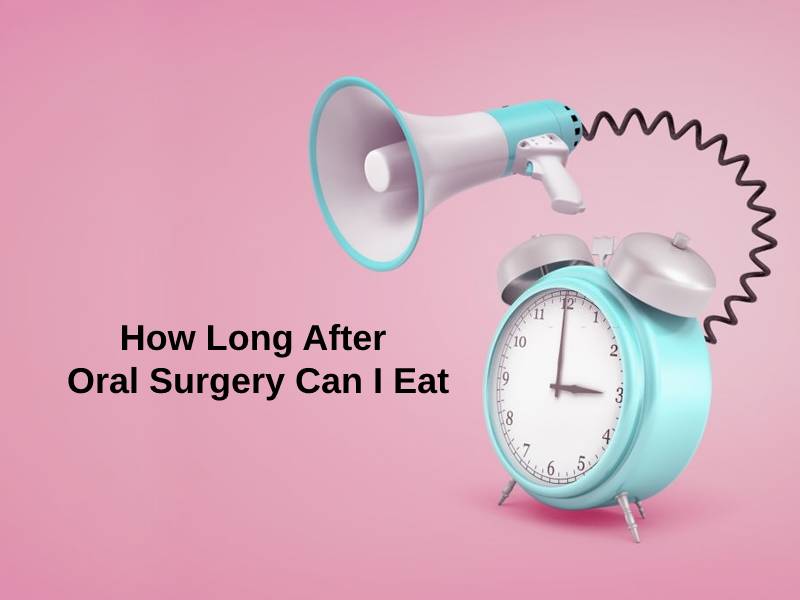
How Long After Oral Surgery Can I Eat?
| Waiting time to eat normally after surgery | |
| Wisdom teeth extraction | 1 week |
| Dental implants | 2 weeks – 6 months |
| Jaw surgery | 6 weeks |
| Gum graft | 14 days |
| Root canal | At least 2 – 3 days |
From the ages of 17 to 25, you will notice the third batch of molars at the end of our mouth that seem to pop out. These are known as wisdom teeth. They’re removed because they’re either impacted and unable to come out naturally, or they’re growing at the wrong angle. For the first week after the surgery, you should definitely stick to a liquid diet, with soft foods. This can include soups, broths, pudding, smoothies, mashed potatoes, and more. After a week, you can transition into hard foods and your normal diet.
Essentially, dental implants are fixtures that are placed into the jawbone. This fixture serves as a substitute for the root of a missing tooth, therefore holding a substitute tooth or bridge. The fixture is made out of titanium, which is used because it is not rejected as foreign material in the human body. The process through which the replacement fixture fuses with the jawbone is known as ‘osseointegration. For the first 2 weeks after the surgery, you must drink liquids and maintain a diet with only soft foods such as mashed bananas, milkshakes, scrambled eggs, etc. After 2 weeks, you may slowly include hard foods, with caution.
Jaw surgery is performed to readjust or realign the jawbone. It is done to adjust the bite, symmetry of the face, repair an injury, or address breathing difficulty. It can take up to 6 weeks for you to eat a normal diet after the surgery. Till then, you can maintain a liquid diet with soft foods.

A gum graft is performed when a patient shows signs of gum recession, where the tooth’s root becomes exposed to trauma, sensitivity, pain, and bacterial infection. After 14 days of having soft foods and plenty of liquids, you can start eating normal hard foods slowly.
A root canal is performed to treat a damaged tooth. You may return to eating normally after 2 to 3 days after the surgery. But before that, it is important to drink liquids and eat delicate and mushy foods. In addition, you must avoid foods at extreme temperatures.
Why Does It Take Long To Eat After Oral Surgery?
The wisdom teeth extraction involves making incisions, and sometimes removing bone to access the root of the tooth. The teeth are then removed, after which the site of incision is cleaned and stitched up to close the extraction site. Gauze may also be placed over the area.
Dental implants involve placing a surgical fixture into the jawbone, to allow it to fuse to the bone in the following months. Oftentimes, this involves tooth extraction for an existing tooth.
Jaw surgery also involves cutting into the jawbone, adjusting it accordingly, and placing plates and screws in order to keep the adjusted jaw in place.
For a gum graft, the oral surgeon obtains a slim portion of gum tissue from either a different donor or from the roof of your own mouth and attaches it around the tooth.
For a root canal, the oral surgeon removes the infected or diseased area of the tooth. Then, they seal the canals and place the dental crown to repair the impacted tooth.
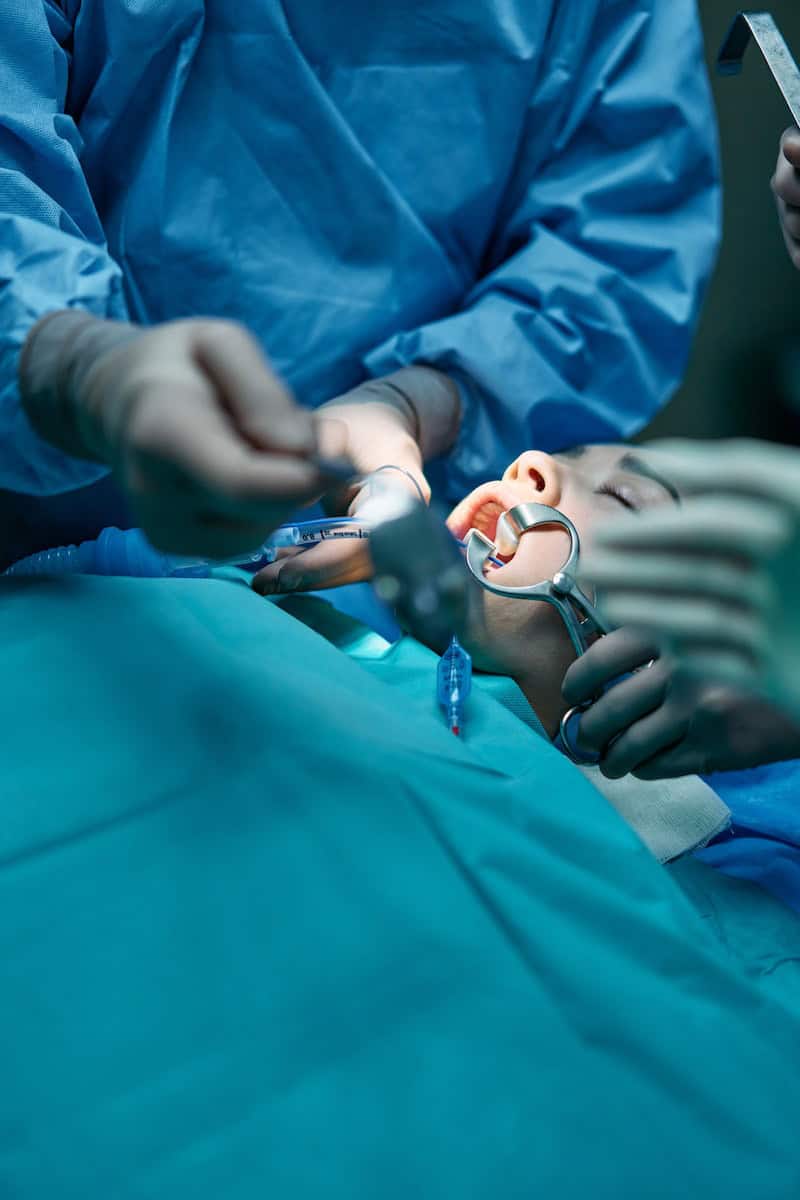
The aforementioned procedures involve incisions and extractions, which leave the site of surgery exposed. Eating sticky or hard foods can pose many risks during recovery.
Eating hard foods before you’re allowed to can cause a lot of pain, reopen the stitches, and thereby postponing the recovery. They might also get trapped in the site, and damage the healing area. Acidic foods, spicy food, and alcohol can cause irritation and pain. Eating before the site heals. can cause dry sockets, where the blood doesn’t clot in the tooth socket or the clot gets dislodged, leaving the site exposed. Infections can also occur, due to food particles and bacteria getting trapped in the extraction/surgery site. Additionally, eating can also damage the temporary filling after a root canal.
Conclusion
Thus, we can understand that different types of oral surgeries require varying waiting periods after surgery, to eat normally again. This depends on the site of surgery, the cause of the procedure, how it is performed, and the severity of the surgery.
Essentially, liquids and soft foods are the go-to, immediately after the surgery. Once the area of impact has healed, you can safely switch to hard foods and your normal diet.
Always consult a doctor, and follow their instructions regarding post-op care, and the dangers of doing certain things like smoking, drinking, or using a straw, or eating certain foods, as this can greatly set you back on your recovery process.

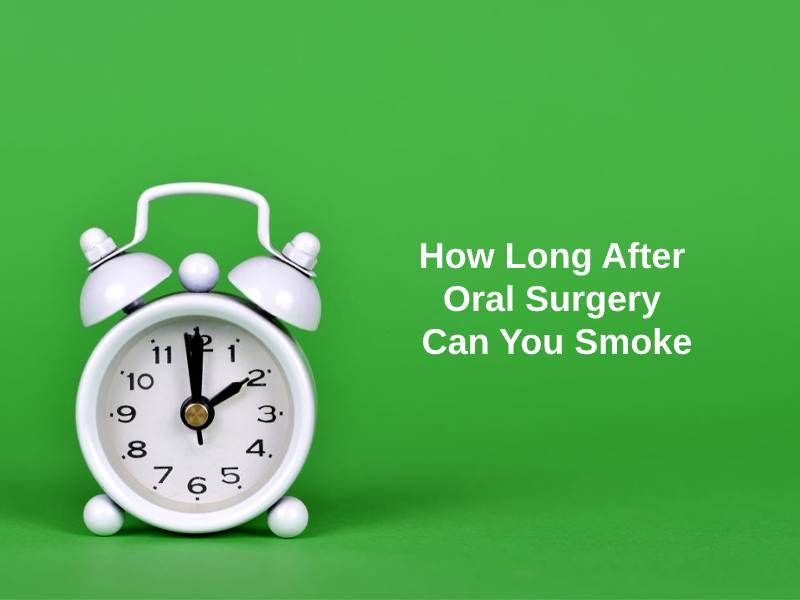
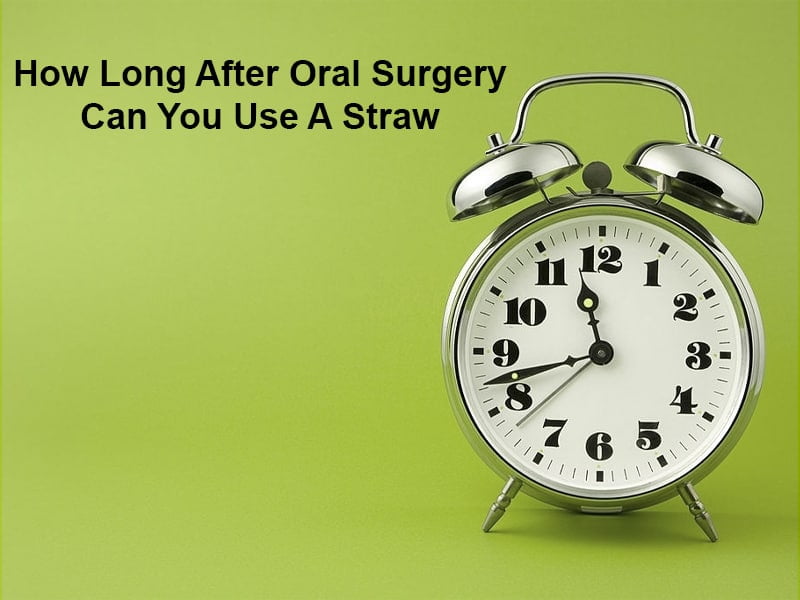
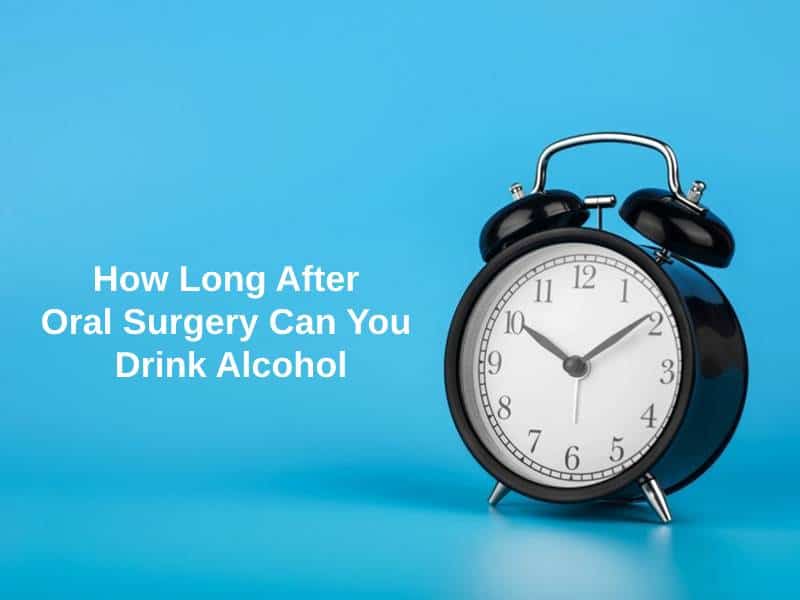

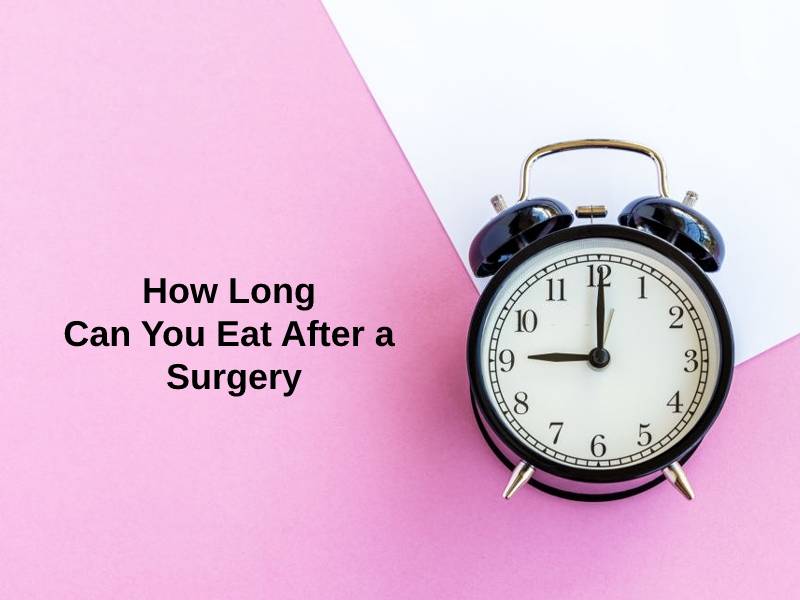
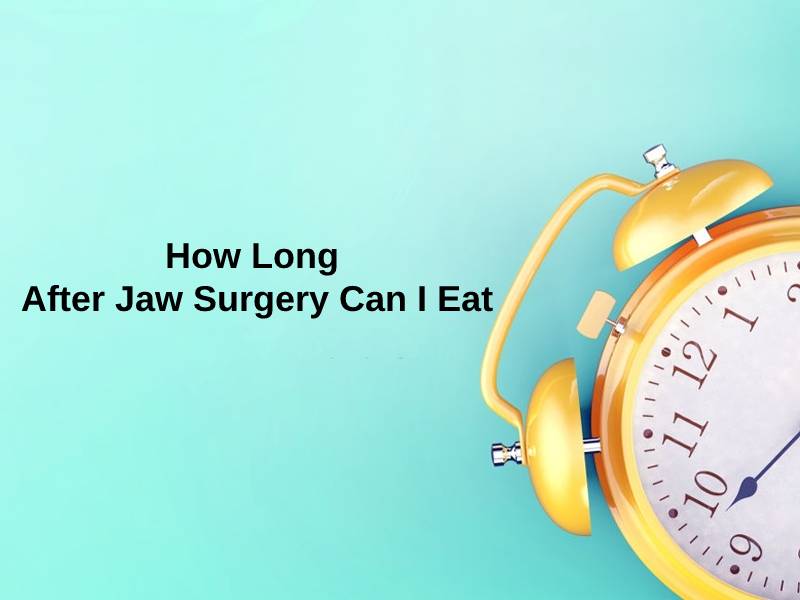
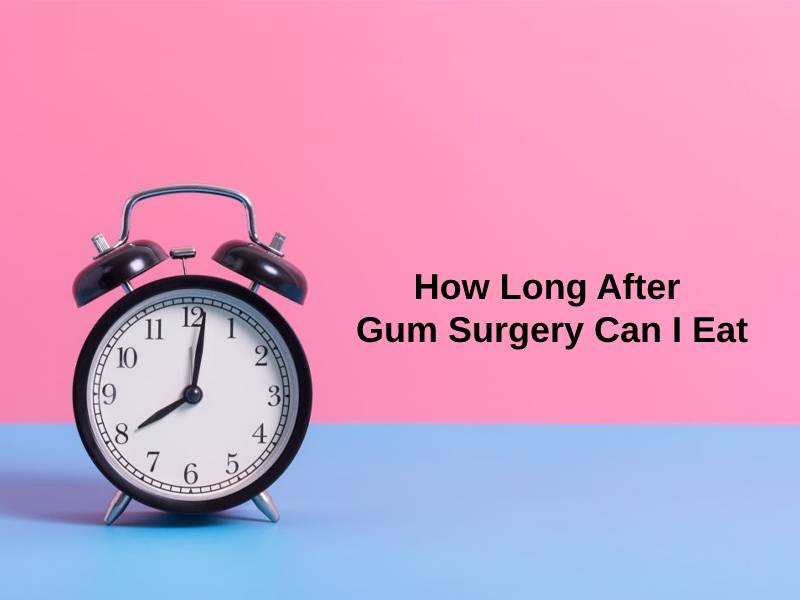
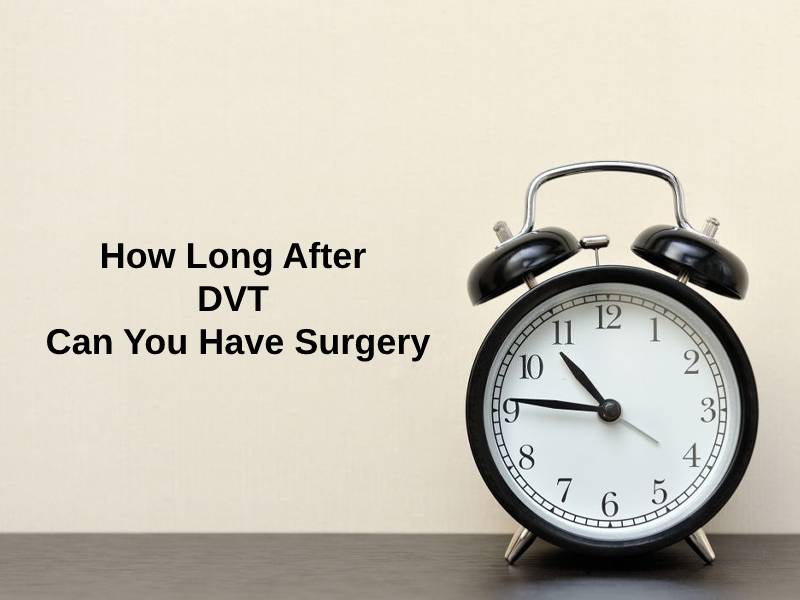
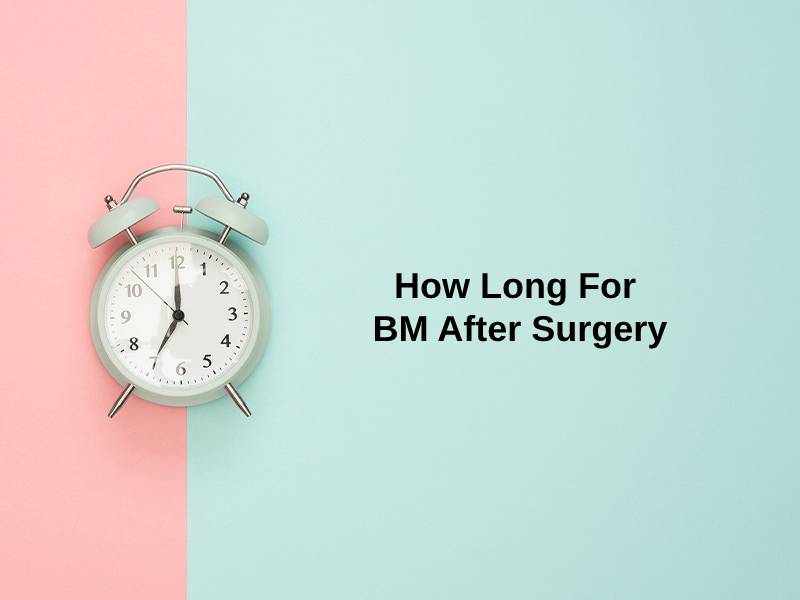
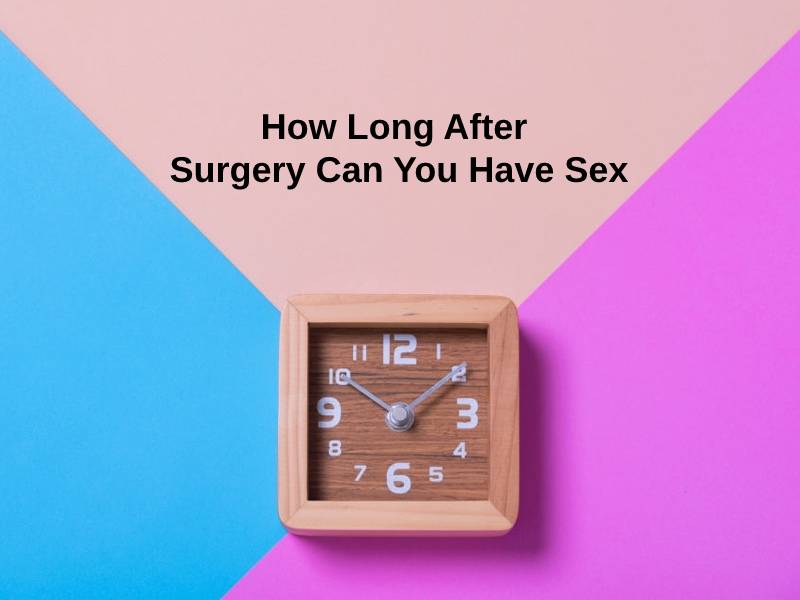

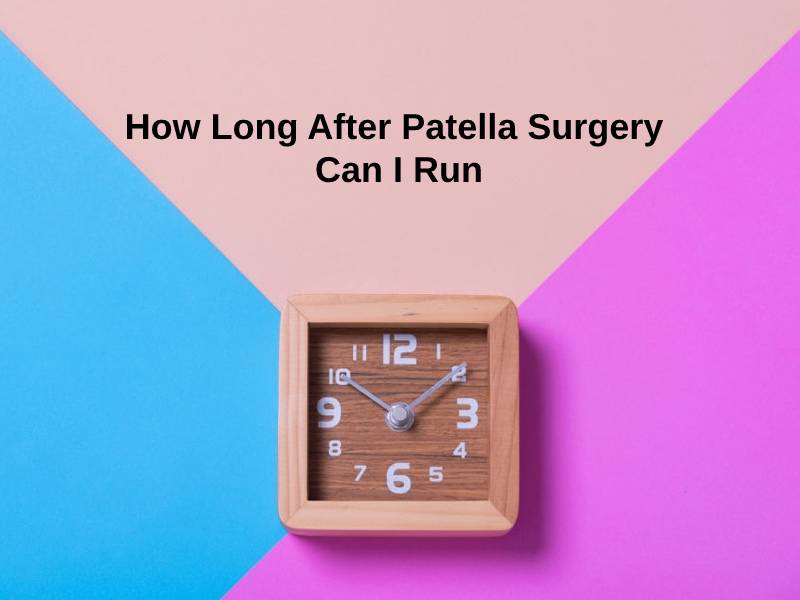
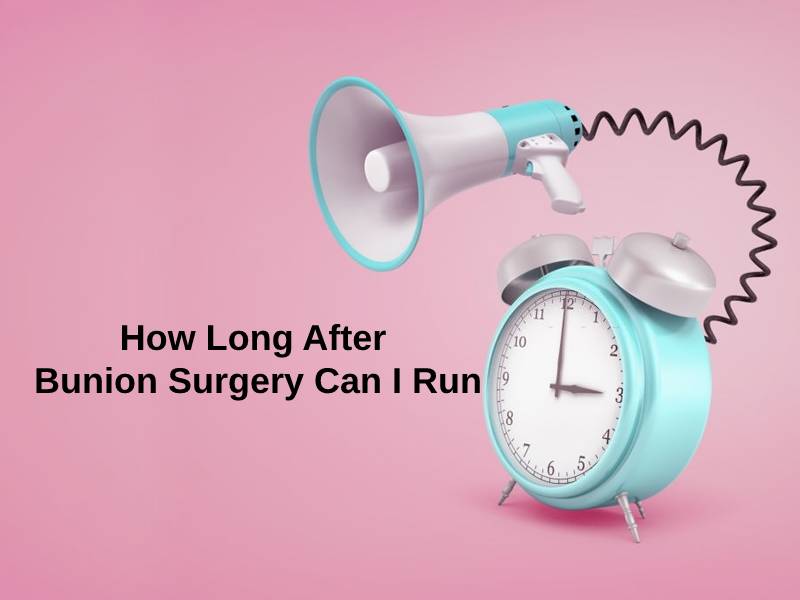
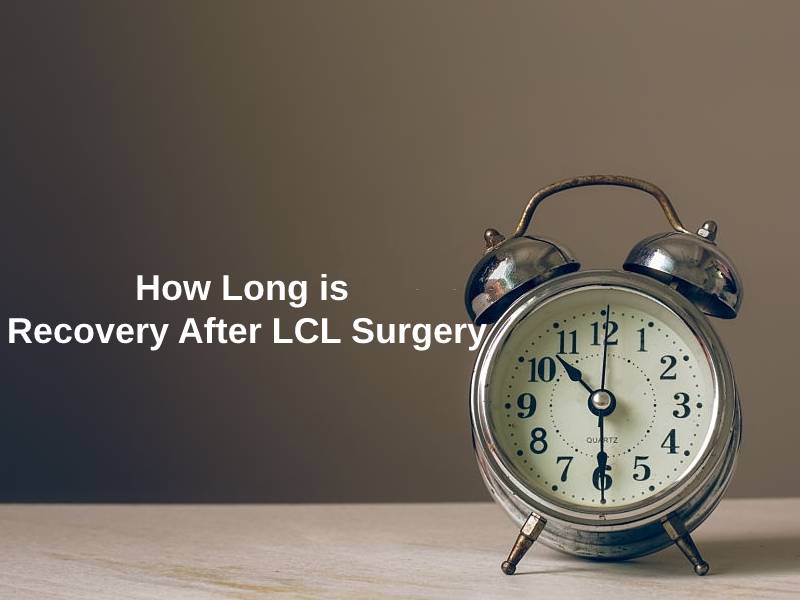
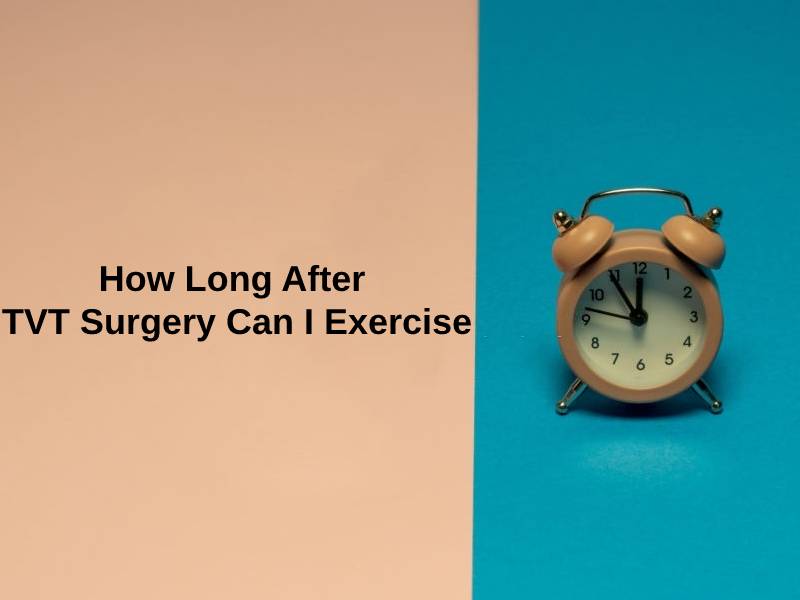
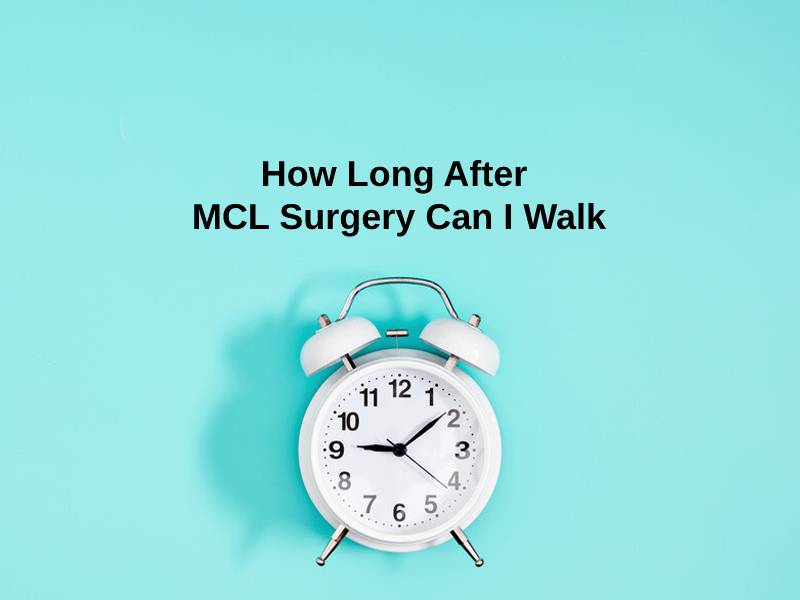
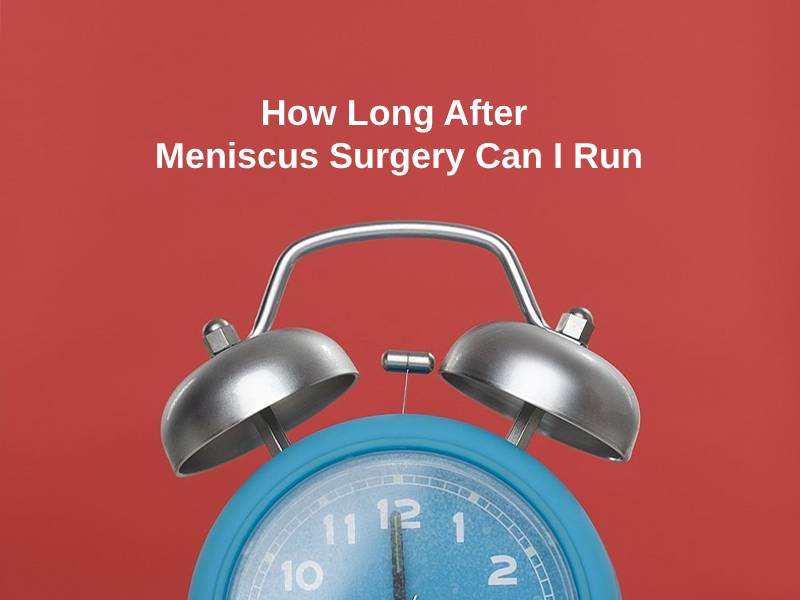
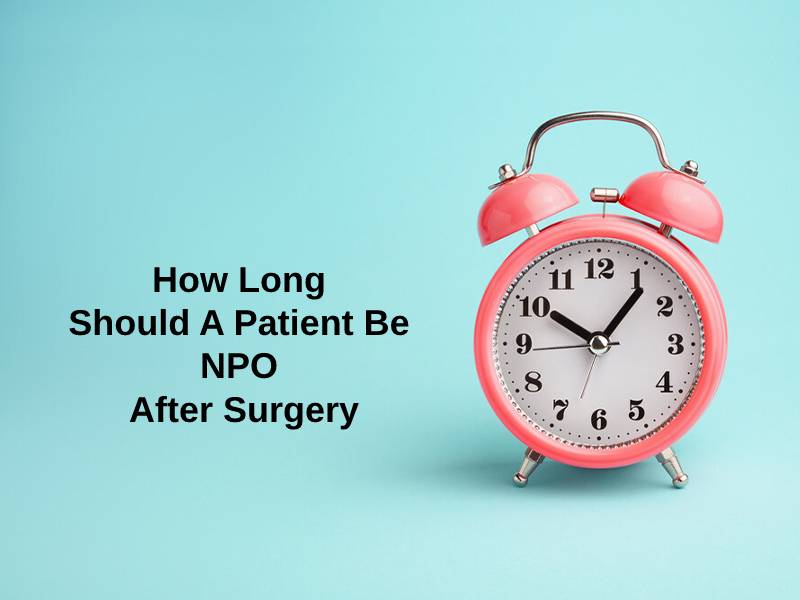
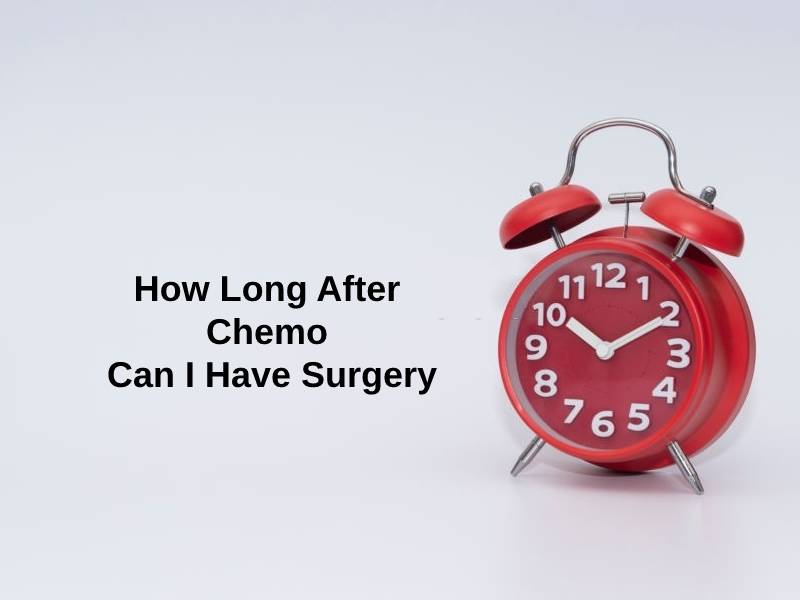
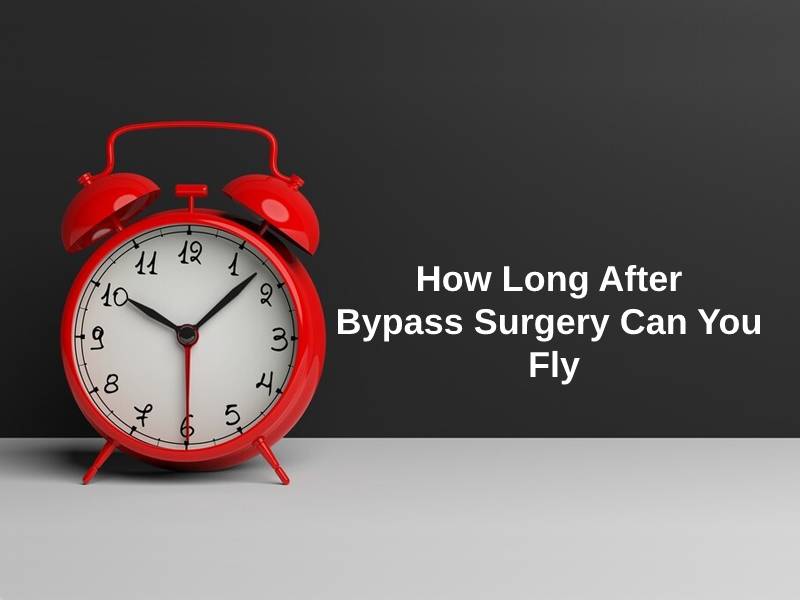
An informative article outlining the importance of diet and recovery after oral surgery. The details provided are insightful.
It’s crucial to understand the impact of different dental procedures on eating habits. Following the recovery guidelines is essential.
These comprehensive guidelines regarding eating restrictions post-oral surgery are enlightening and educational.
The information about the procedures involving incisions and extractions has raised awareness about the need for caution in eating post-surgery.
The article effectively explains the reasons for prolonged waiting periods to eat after different oral surgeries.
The article effectively explains the reasons for the waiting periods before returning to normal eating after oral surgery. It’s essential to prioritize recovery.
The details about the surgical procedures and their effects on eating post-surgery are insightful. It’s important to prioritize recovery and follow dietary guidelines.
This article provides valuable insights into the recovery process after oral surgery, particularly regarding dietary restrictions.
I appreciate the detailed information about the recovery periods after different types of oral surgeries. This will help patients understand the importance of following dietary restrictions.
I had no idea about the time frames for eating post-dental surgery. This is beneficial information.
This article provides valuable information about the various types of oral surgery and the necessary eating habits post-surgery. It is essential to follow the recovery guidelines.
I agree, following post-surgery guidelines is crucial for proper healing and recovery.
The details about different waiting times for eating after various oral surgeries are insightful.
The science behind the healing process after oral surgeries and its impact on eating is well-detailed in this article.
It’s interesting to learn about the science behind each type of dental procedure and how it affects eating habits after surgery.
The details about osseointegration and its significance in dental implants were particularly fascinating.
Understanding the reasons for the waiting periods before resuming a normal diet after various surgeries is enlightening.